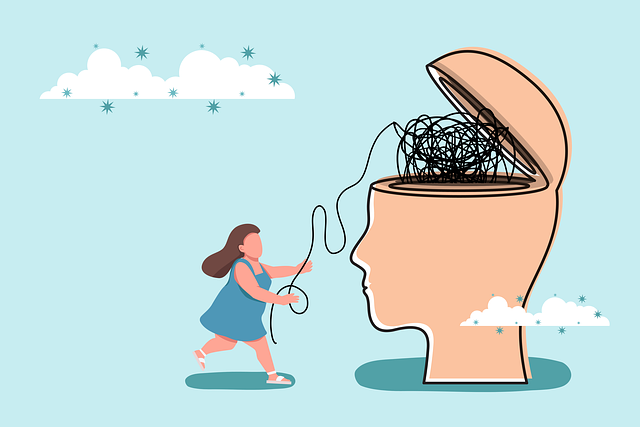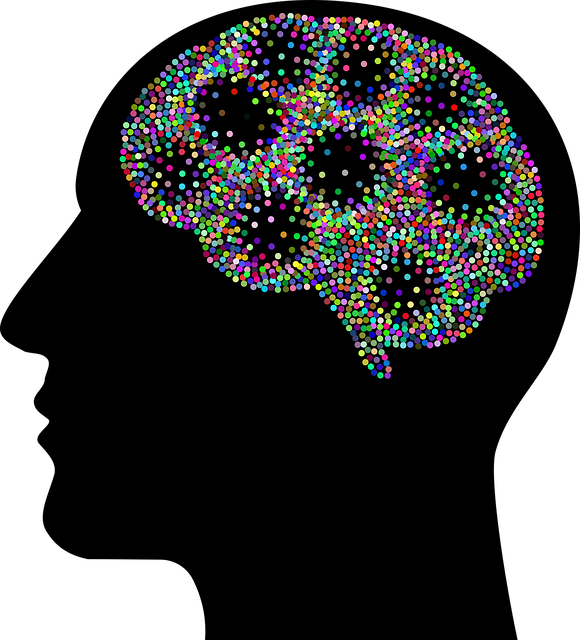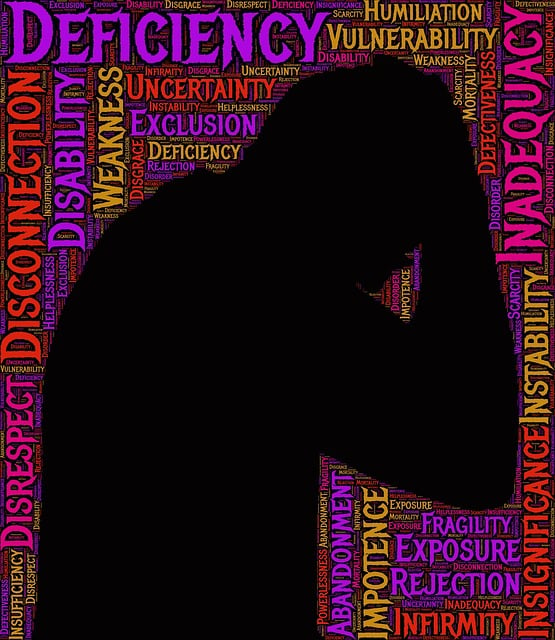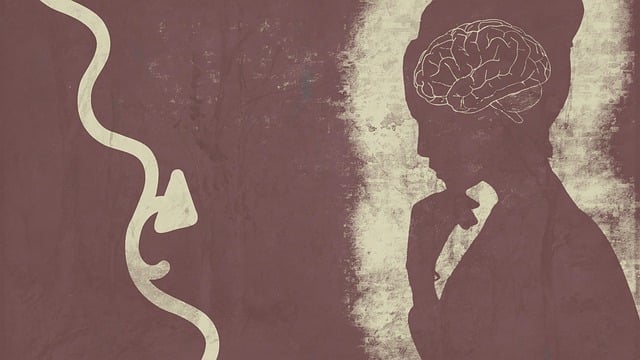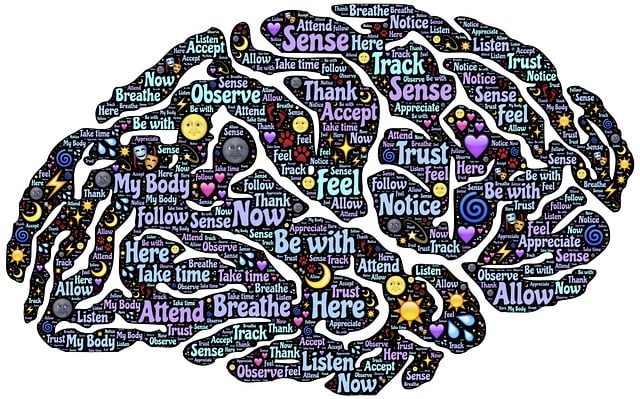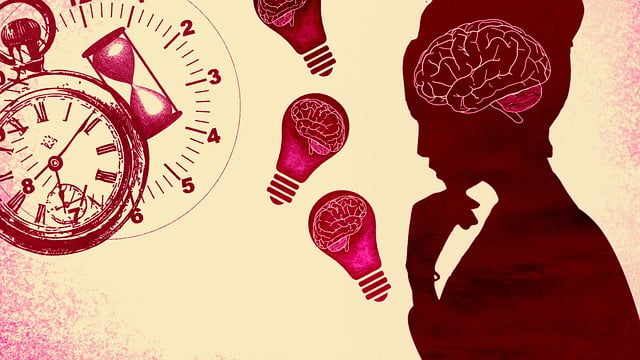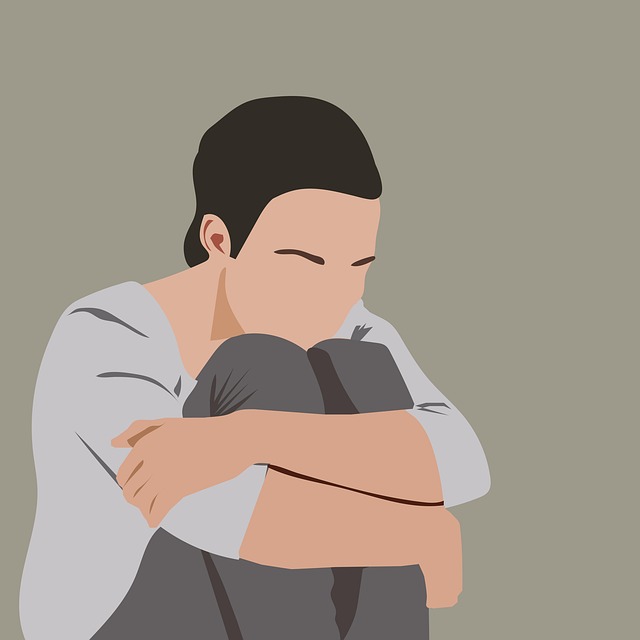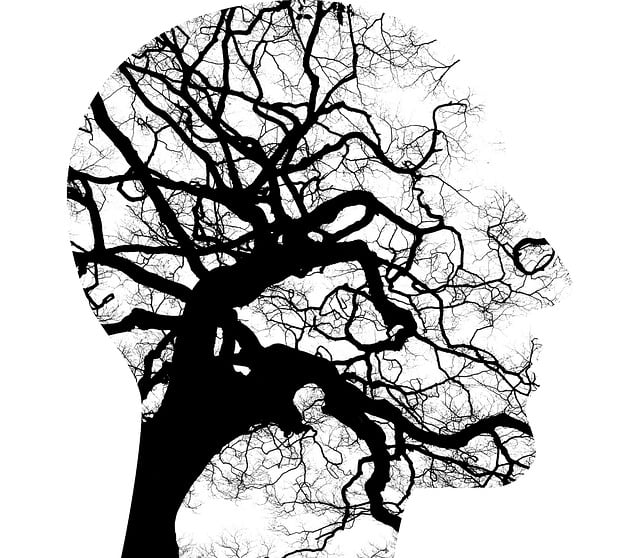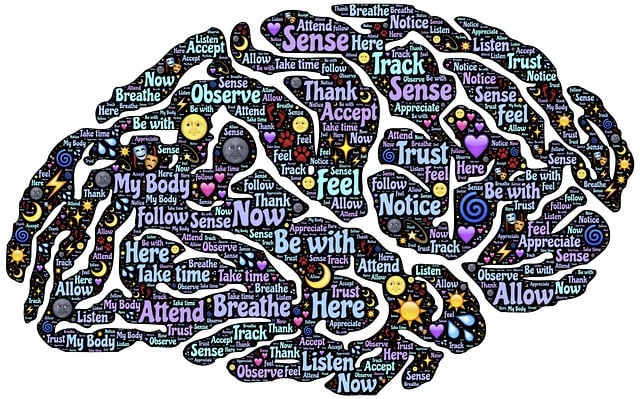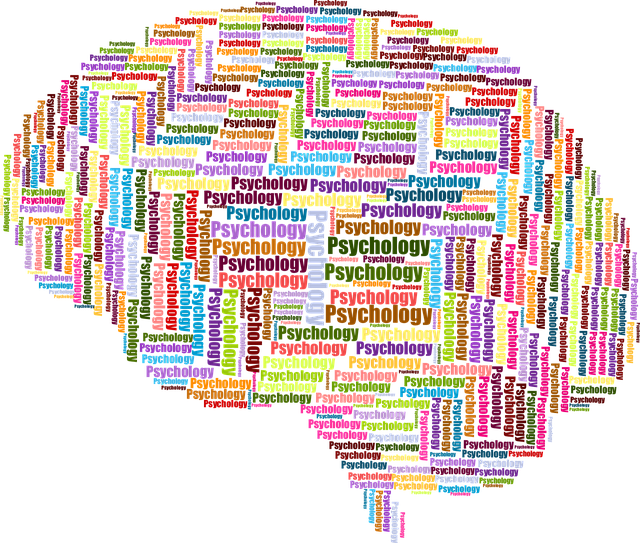Mental wellness self-assessment tools are crucial for empowering individuals to manage stress, cultivate positive thinking, and enhance self-awareness, especially those navigating challenges like Lone Tree terminal illness therapy. A comprehensive assessment should holistically consider emotional, psychological, and social well-being, integrating practices like Compassion Cultivation and Self-Awareness Exercises. By combining these techniques with effective communication and confidence-boosting strategies, assessments become catalysts for positive change. User-friendly digital platforms, accessible through mobile apps or online tools, cater to diverse users, encouraging active participation in mental health management, particularly for terminal illness cases. These tools evolve through rigorous testing and ongoing improvements, ensuring accuracy and cultural sensitivity while providing valuable guidance tailored to individual needs.
Mental wellness self-assessment tools play a crucial role in promoting personal growth and early intervention. As awareness about mental health increases, there is a growing need for accessible and personalized assessment options. This article explores the development of effective self-assessment tools, from understanding the core components of mental wellness to integrating principles from Lone Tree Terminal Illness Therapy. We delve into designing user-friendly digital platforms and emphasize the importance of continuous improvement through testing and iteration.
- Understanding Mental Wellness Self-Assessment: The Need for Personalized Tools
- Identifying Core Components of a Comprehensive Assessment
- Integrating Lone Tree Terminal Illness Therapy Principles in Self-Assessment
- Designing User-Friendly and Accessible Digital Platforms
- Testing, Iteration, and Continuous Improvement for Effective Tools
Understanding Mental Wellness Self-Assessment: The Need for Personalized Tools

Mental wellness self-assessment tools play a pivotal role in empowering individuals to take charge of their mental health. These tools are designed to help people gain a deeper understanding of their emotional and psychological state, enabling them to make informed decisions about their well-being. In today’s fast-paced world, where stress and anxiety are prevalent, having personalized self-assessment resources can be a game-changer, especially for those navigating challenging situations like Lone Tree terminal illness therapy.
A tailored mental wellness assessment allows individuals to identify specific areas of concern, whether it’s managing stress, cultivating positive thinking, or enhancing self-awareness. This proactive approach is crucial in countering the stigma surrounding mental health issues and encouraging early intervention. By integrating self-assessment exercises into routine practices, people can develop resilience and better navigate life’s challenges, ultimately fostering a healthier and more balanced mindset.
Identifying Core Components of a Comprehensive Assessment

Identifying the core components of a comprehensive mental wellness self-assessment is akin to navigating a labyrinth, where each turn reveals a new layer of understanding. Such an assessment should encompass a multi-faceted approach, addressing not just symptoms but also the individual’s overall emotional, psychological, and social well-being. This includes delving into various aspects like cognitive function, emotional regulation, coping mechanisms, and interpersonal relationships. By integrating Compassion Cultivation Practices, Self-Awareness Exercises, and Self-Care Practices into the assessment framework, therapists at Lone Tree Terminal Illness Therapy can gain deeper insights into clients’ mental landscapes.
The process should facilitate open communication, allowing individuals to express their experiences without fear of judgment. It’s not just about identifying issues; it’s about fostering a safe space where people feel empowered to explore and understand their unique mental health journeys. This holistic approach ensures that the assessment becomes a catalyst for positive change, enabling tailored interventions and strategies for enhancing overall mental wellness.
Integrating Lone Tree Terminal Illness Therapy Principles in Self-Assessment

Integrating principles from Lone Tree Terminal Illness Therapy into self-assessment tools offers a unique and profound approach to mental wellness evaluation. This therapy focuses on empowering individuals to confront and overcome challenges associated with terminal illness, fostering resilience and emotional growth. By adopting its core techniques, self-assessment tools can enhance the user experience by providing personalized guidance tailored to individual needs, much like a therapist would during one-on-one sessions.
Effective communication strategies, central to Lone Tree Terminal Illness Therapy, can be incorporated to ensure these assessments are inclusive and sensitive to diverse user experiences. This integration also facilitates trauma support services by offering a safe space for individuals to reflect on and process their emotions. Additionally, confidence boosting techniques from this therapy model can equip users with the mental fortitude to interpret self-assessment results accurately, promoting proactive mental wellness management.
Designing User-Friendly and Accessible Digital Platforms

In today’s digital era, the development of user-friendly and accessible digital platforms plays a pivotal role in promoting mental wellness. Tools such as mobile apps or online assessments can serve as powerful resources for individuals seeking support, especially those navigating Lone Tree terminal illness therapy. These platforms should be designed with simplicity and intuitiveness in mind, ensuring users can easily navigate through various self-assessment tools without facing technological barriers. A well-structured interface, clear instructions, and interactive elements can enhance user experience, encouraging individuals to engage actively in their mental health journey.
Moreover, accessibility features like compatible screen readers, adjustable font sizes, and multilingual options are essential components of inclusive design. By considering the diverse needs of users, including those with disabilities or non-native language speakers, developers contribute to the broader goal of raising public awareness campaigns development around mental health. This approach not only improves self-esteem improvement but also offers anxiety relief for many, as they feel empowered to take charge of their mental wellness in a convenient and supportive digital environment.
Testing, Iteration, and Continuous Improvement for Effective Tools

Effective mental wellness self-assessment tools are not static; they evolve through rigorous testing and iterative improvements. The initial development phase involves designing the tool based on expert input, research, and a deep understanding of Mental Wellness and Positive Thinking. This foundation ensures that the assessment captures relevant aspects of mental health, addressing various conditions like Lone Tree Terminal Illness Therapy.
Once created, the tool undergoes extensive testing with diverse user groups to gather valuable feedback. This iterative process is key to refining the assessment’s accuracy, usability, and cultural sensitivity. By continuously improving based on user experiences and latest research in Mental Health Awareness, these tools can become powerful resources for individuals seeking guidance and support.
The development of robust Mental Wellness Self-Assessment tools, incorporating principles from Lone Tree Terminal Illness Therapy, is a promising strategy for enhancing mental health support. By understanding individual needs and providing personalized assessments, we can foster more effective interventions. User-friendly digital platforms ensure accessibility, while continuous testing and iteration guarantee these tools remain relevant and impactful. This approach empowers individuals to take charge of their mental wellness, contributing to a healthier and more resilient society.
